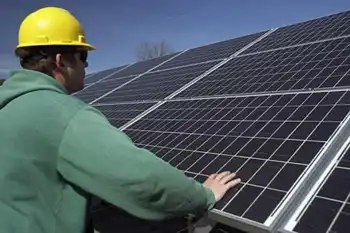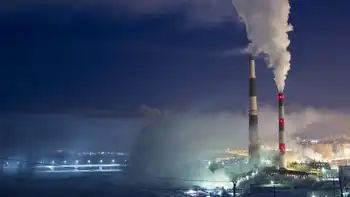Huhne warns of hole in nuclear power budget
By The Independent
Electrical Testing & Commissioning of Power Systems
Our customized live online or in‑person group training can be delivered to your staff at your location.

- Live Online
- 12 hours Instructor-led
- Group Training Available
The Liberal Democrat MP said the costs of decommissioning aging nuclear plants are so high and so serious that he has had to raise the issue with the Cabinet.
He is also in talks with the Treasury in the hope of securing extra money to pay either some or all of the costs but he accepts there is little prospect of reducing the payments because of the "genuine nuclear safety issues" involved.
He is determined, however, that the price of decommissioning old nuclear power stations will strengthen his hand in demanding that any new nuclear programs will be accompanied by agreements which prevent public money being used.
Costs of decommissioning old nuclear power plants this year are expected to be in balance, but next year there will be a £850 million cost to the taxpayer, rising to £950 million in 2012-13 and to £1.1 billion for each of the following two years. It places extra pressure on the Department of Energy and Climate Change, which has an annual budget of £3 billion.
Mr Huhne described the costs as "a massive post-dated bill" for many years of low-cost electricity and a "classic example of short-termism". He said: "My predecessors avoided taking tough decisions and now it is much more expensive to deal with than if we had tackled it back in the 1970s and 1980s."
The Nuclear Decommissioning Authority oversees the process and runs a handful of operational plants which provide some of the money it needs to pay for the clean-up. However, the burden falls increasingly to the taxpayer as the operational power stations are closed down and become subject to the costly decommissioning process.
The Secretary of State added in an interview with The Guardian: "The costs are such that my department is not so much the Department of Energy and Climate Change, as the department of Nuclear legacy and Bits of Other Things."
A DECC spokesman said: "We are working closely with the NDA to ensure adequate funds are available this year. But it is the case that the long-term funding of the NDA's work, and the projected fall away of its commercial income, will need to be addressed in future spending rounds. Safety is, of course, paramount and will never be compromised."











